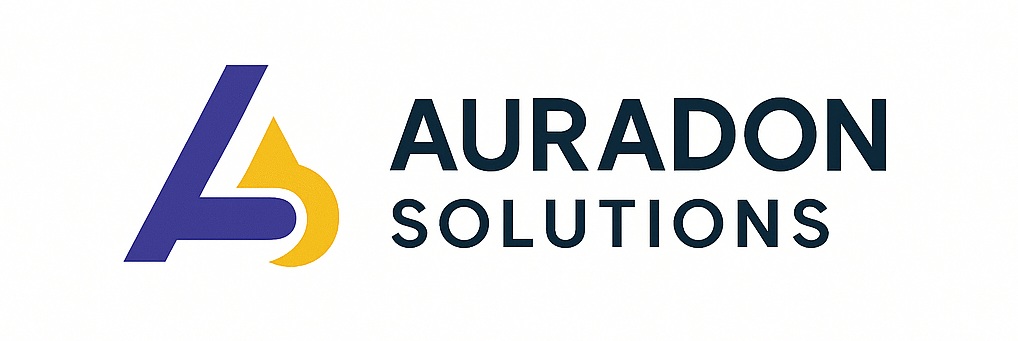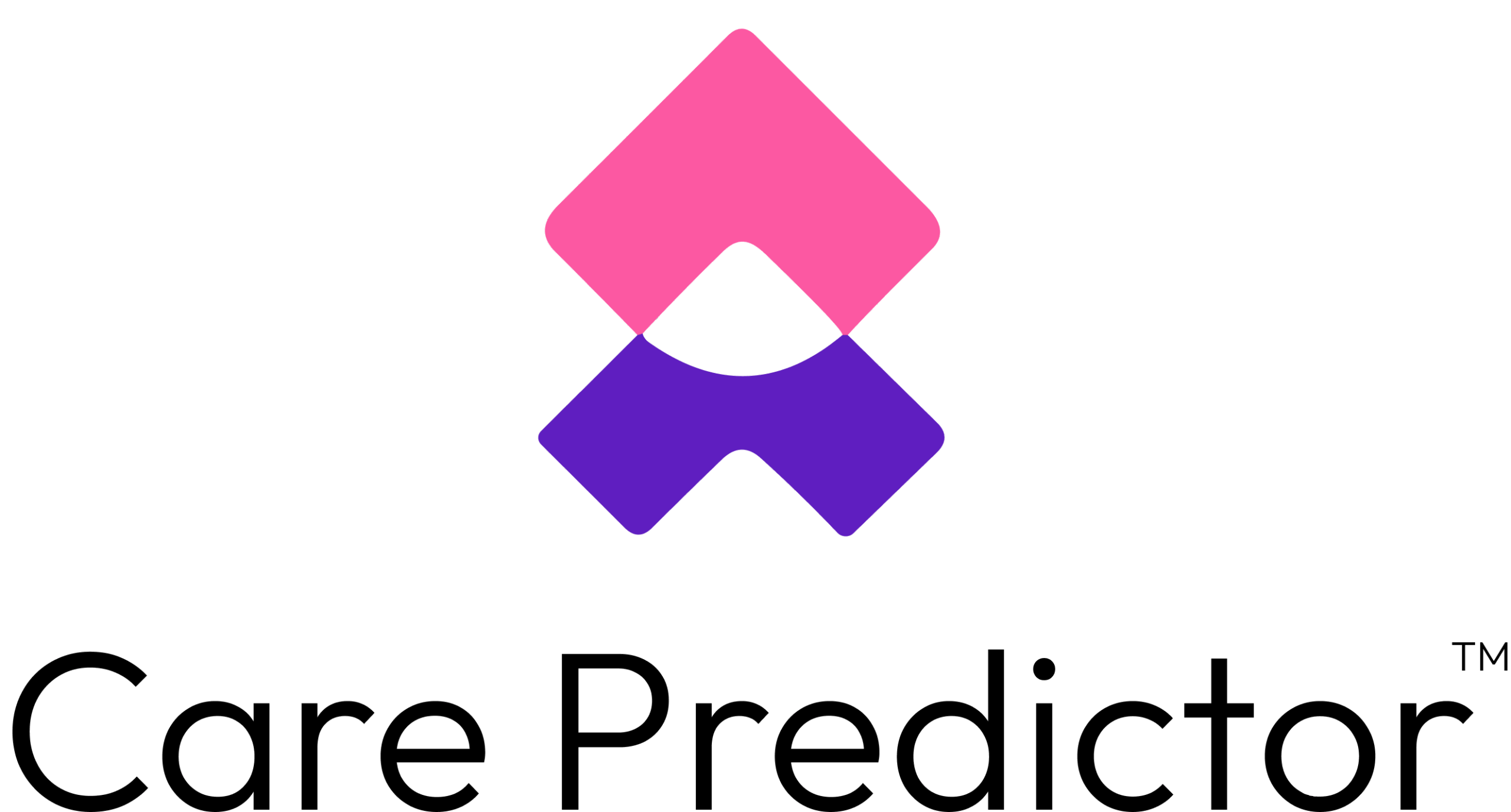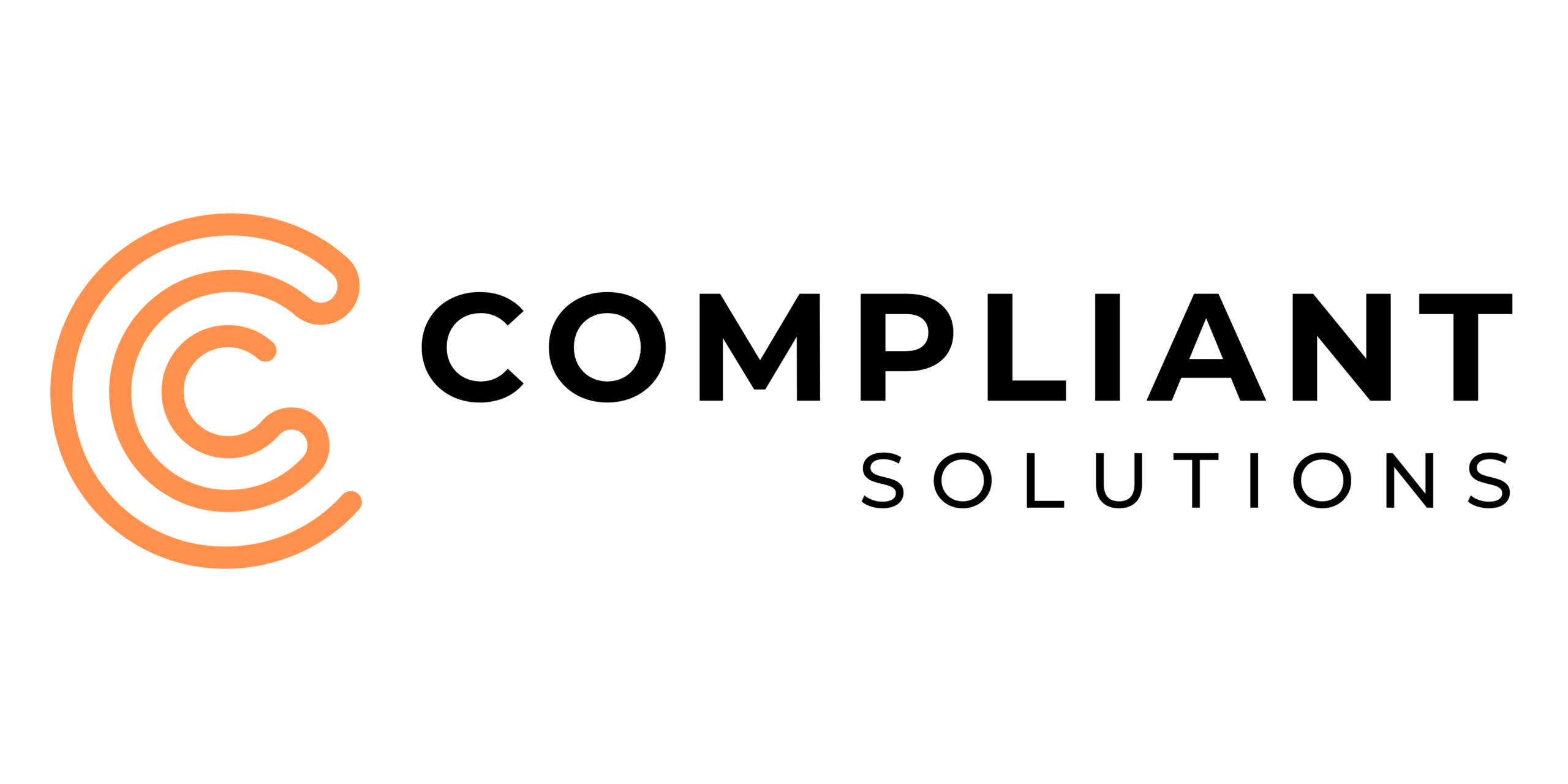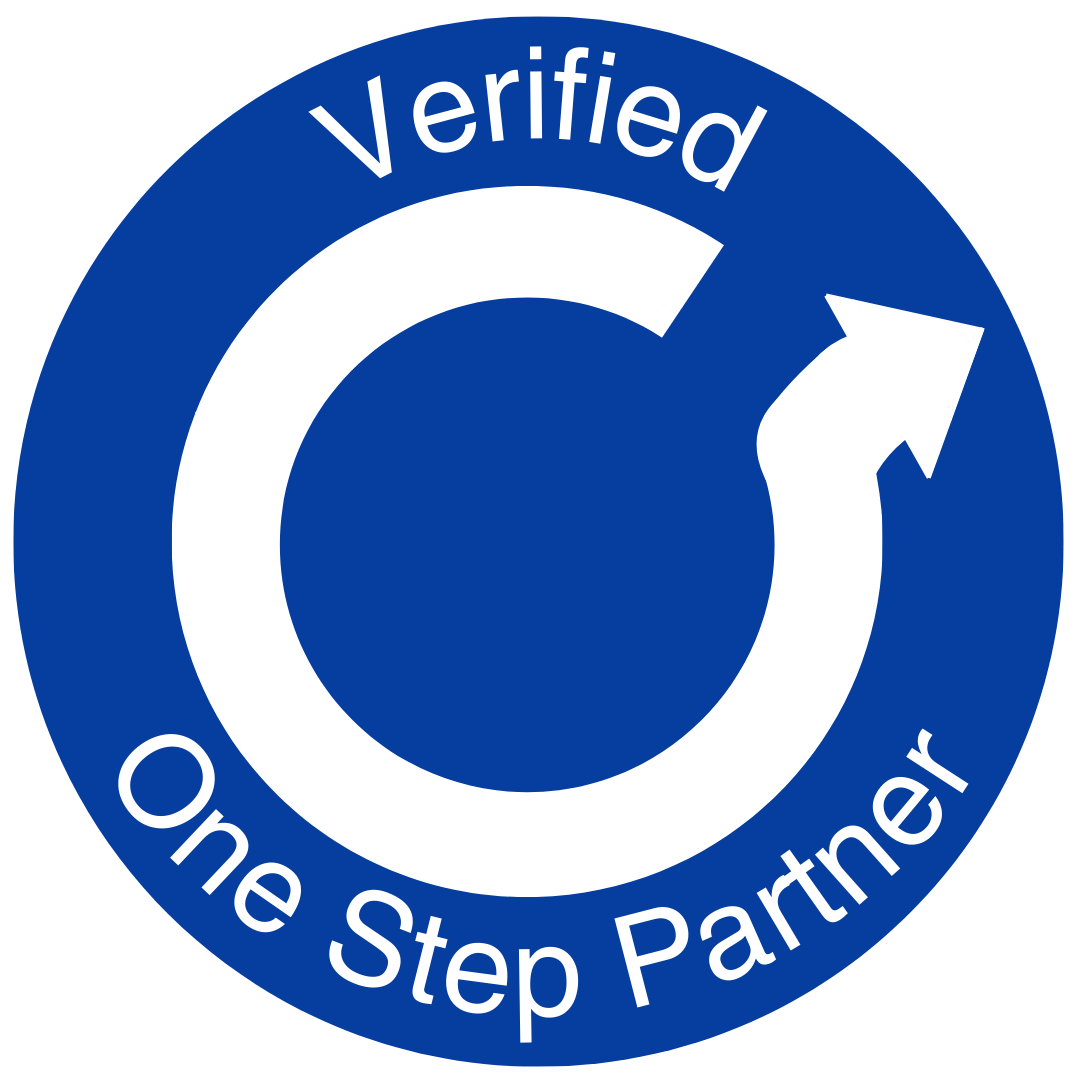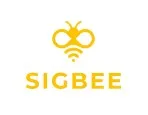Minnesota Behavioral Health Facility Licensing: Steps and Requirements
Are you planning to open a detoxification, substance use disorder (SUD) treatment facility, or mental health treatment program in Minnesota? You’ll need to closely follow the state’s regulatory framework to ensure your program meets all licensing requirements, remains Medicaid-reimbursable, and operates fully compliant. Whether you’re offering Rule 32 Detox Services, Withdrawal Management, Residential or Outpatient SUD treatment, or Mental Health Clinic operations, getting the right licensing from the Minnesota Department of Human Services (DHS) is essential. Here’s what you need to know—and exactly who oversees what.
Minnesota stands out for its strong mandate toward person- and family-centered care, deeply embedded in both regulatory expectations and provider training. Under the Minnesota Olmstead Plan and reinforced through Home and Community-Based Services (HCBS) standards, providers are required not only to offer clinical services but to actively co-create treatment and support plans—prioritizing individual goals, cultural context, and caregiver involvement. This expectation is reinforced through formal training modules made available statewide, making Minnesota a leader in structured, relationship-driven behavioral health delivery.
Minnesota employs a distinctive “Rule 25 Assessment”, a state-specific tool for evaluating substance use disorders. These assessments are not just diagnostic; they unlock access to dedicated funding through the Consolidated Chemical Dependency Treatment Fund (CCDTF), designed to cover underinsured or uninsured residents. This structure ensures that operators must be adept at both conducting Rule 25 assessments and navigating the CCDTF funding pathways. These are factors rarely seen in other states.


In Minnesota, behavioral health facilities must comply with licensing requirements administered by the Minnesota Department of Human Services (DHS). Unlike some states that split oversight between multiple agencies, Minnesota DHS is responsible for both Substance Use Disorder (SUD) treatment programs and Mental Health services. The specific licensure path depends on the level of care and population served.
Licensing for Substance Use Disorder (SUD) Facilities
Facilities offering SUD treatment services—including Withdrawal Management (Detox), Residential Treatment, Partial Hospitalization Programs (PHP), and Intensive Outpatient Programs (IOP)—must be licensed under Minnesota Statutes Chapter 245G. Programs must also comply with Chapter 245C (background studies) and reporting obligations under maltreatment statutes.
Detox / Withdrawal Management
Detox services in Minnesota are licensed under Rule 32/245F for withdrawal management. Providers must demonstrate the ability to deliver 24/7 medically supervised care with licensed staff, protocols for stabilization, and clear referral processes for ongoing treatment.
Residential Treatment Centers for SUD
Residential programs must meet 245G requirements for staff training, service intensity, treatment planning, and patient rights. Facilities are expected to demonstrate ASAM-aligned service delivery, safe environments, and documented quality assurance.
PHP and IOP for SUD
Outpatient programs licensed under 245G must define programming schedules, clinical intensity, and staff qualifications consistent with ASAM criteria. DHS requires documentation of treatment plans, progress reviews, and discharge planning to maintain compliance.
Licensing for Mental Health Facilities
Mental health facilities, including outpatient clinics and residential programs, must be certified under Chapter 245I (Mental Health Clinic Certification). These standards apply to services such as PHP and IOP for mental health treatment.
Residential Treatment Centers for Mental Health
Programs must provide 24-hour therapeutic care in a structured environment with DHS approval. Requirements include individualized treatment plans, qualified mental health professionals, crisis response protocols, and evidence-based practices.
PHP and IOP for Mental Health
Facilities operating PHP or IOP levels of care must maintain intensive clinical programming that includes therapy, psychiatric oversight, and multidisciplinary staffing. DHS requires strict compliance with documentation standards, including daily notes, treatment plan reviews, and patient safety measures.
Licensure for behavioral health and substance use disorder programs in Minnesota is administered by the Minnesota Department of Human Services (DHS). Facilities must comply with statutory requirements under Chapter 245G for SUD treatment, Rule 32/245F for withdrawal management (detox), Chapter 245I for mental health programs, and Chapter 245C for background studies.
1. Define Your Services and Level of Care
Decide whether you will operate a Withdrawal Management (Detox) program, a Residential SUD Treatment facility, an Outpatient Program (PHP or IOP), or a Mental Health Clinic.
Your program type determines which licensing chapter (245G, 245F, or 245I) applies.
2. Prepare and Submit an Application to DHS
For SUD programs: Complete the 245G application with DHS, including program structure, staffing model, clinical protocols, and policies aligned with ASAM criteria.
For Mental Health programs: Apply for 245I Mental Health Clinic Certification, detailing governance, staffing qualifications, and treatment plans.
3. Complete Background Studies and Compliance Documentation
All owners and staff must pass DHS background studies (Chapter 245C).
Establish internal procedures for maltreatment reporting (Chapters 260E and 626.5572).
4. Develop Facility Policies and Site Readiness
Draft and submit required policies: patient rights, documentation standards, treatment planning, discharge, emergency preparedness, and infection control.
Ensure your physical site meets safety and accessibility requirements.
5. DHS Site Review and Approval
DHS conducts a site visit/inspection to confirm compliance.
Any deficiencies must be corrected prior to full approval.
6. Enroll as a Minnesota Health Care Programs (MHCP) Provider
Once licensed, apply for Medicaid enrollment to serve patients covered under Minnesota Health Care Programs.
7. Maintain Ongoing Compliance
Adhere to DHS licensing standards under 245G, 245F, or 245I.
Expect DHS monitoring visits, quality assurance audits, and policy reviews.
Renew licenses and update policies annually or as required.

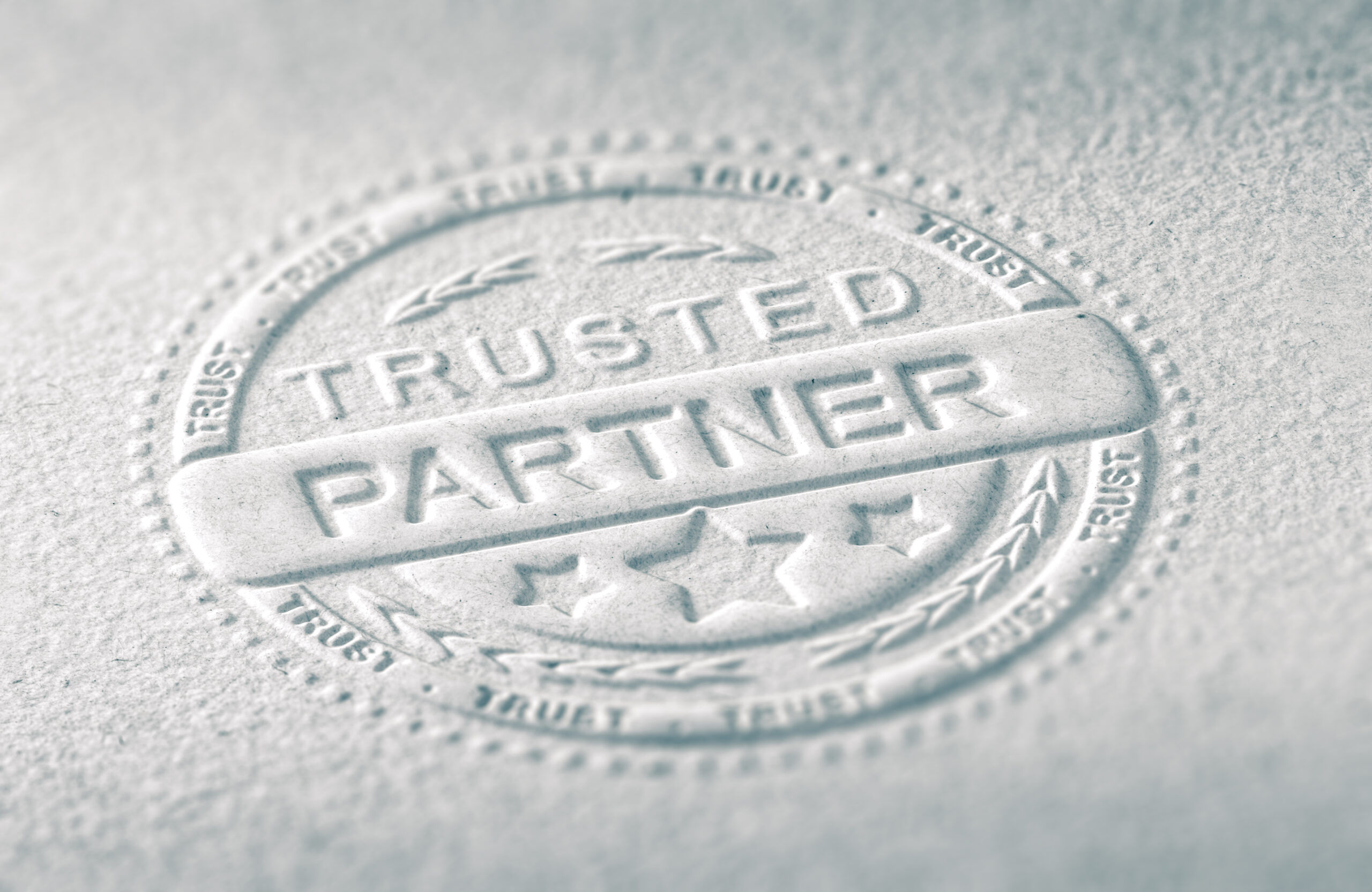
In Minnesota, all behavioral health and substance use disorder (SUD) facility licensing is overseen by the Minnesota Department of Human Services (DHS). Unlike states that divide responsibility across multiple agencies, DHS governs both mental health and SUD programs. Specific licensure depends on the service type:
Substance Use Disorder (SUD) Services are licensed under Minnesota Statutes Chapter 245G, with Rule 32 / 245F applying to withdrawal management (detox).
Mental Health Services are certified under Chapter 245I for Mental Health Clinics, which establishes standards for outpatient, PHP, and IOP mental health programming.
All programs must also comply with Chapter 245C for staff background studies and maltreatment reporting obligations under Chapters 260E and 626.5572.
DHS sets the regulatory requirements to ensure facilities meet state standards for patient care, clinical oversight, safety, and staffing.
Key Requirements for Licensing in Minnesota
Compliance with State Regulations
All facilities must comply with the Minnesota Administrative Rules applicable to their license type. Core requirements include:
Staffing qualifications and clinical supervision requirements.
Adherence to ASAM criteria for SUD services or DHS standards for mental health programming.
Safety, infection control, and emergency preparedness policies.
Facility operational policies, patient rights, and documentation standards.
Staffing and Program Requirements
Minnesota requires staffing consistent with the licensed level of care and ASAM alignment. Depending on your program, this may include:
Physicians and nurses (for detox and psychiatric oversight).
Licensed alcohol and drug counselors (LADCs), licensed professional counselors, social workers, or psychologists.
Peer recovery specialists and case managers.
Clinical supervisors to oversee service delivery and compliance.
Staffing must directly support the therapeutic model defined in your program description, whether Detox, Residential, PHP, or IOP.
Facility Compliance
Before licensure, facilities must demonstrate compliance with state safety and environmental standards, including:
ADA accessibility.
Fire and building code clearance.
Written security and emergency management plans.
Evidence that the facility environment supports safe, therapeutic operations.
DHS will conduct a site inspection to verify compliance before approving licensure.
Therapeutic Program Structure
Treatment programs must be evidence-based and properly aligned with ASAM criteria for SUD or DHS standards for mental health. Required elements include:
A clearly defined clinical and therapeutic model.
Individualized treatment planning.
A structured daily or weekly programming schedule.
Documentation of services, progress notes, and treatment plan reviews.
Discharge and aftercare planning to ensure continuity of care.
Whether you are opening a Withdrawal Management (Detox) facility, a Residential Treatment Center, or outpatient services such as PHP or IOP, your programming must demonstrate the appropriate clinical intensity, staffing, and compliance structure required by Minnesota law.
Navigating the behavioral health and substance use disorder (SUD) licensing process in Minnesota can be complex—but Atlantic Health Strategies is here to help. Our team provides expert guidance to ensure your facility complies with all Minnesota Department of Human Services (DHS) requirements, including 245G licensure for SUD programs, 245F standards for withdrawal management (detox), and 245I certification for mental health services. From strategic planning to policy development and pre-inspection preparation, we streamline the licensing journey so you can open quickly and confidently. Let us manage the regulatory details so you can focus on delivering exceptional care to your community.
Contact Us Today!
Ready to start your licensing journey in Minnesota? Contact Atlantic Health Strategies and let our experts guide you through the DHS licensing process. Whether you’re launching a Detox program, Residential Treatment Center, Partial Hospitalization Program (PHP), or Intensive Outpatient Program (IOP), we’ll help you navigate Minnesota’s regulatory framework, align with ASAM criteria, and secure your facility license—efficiently and without hassle.

